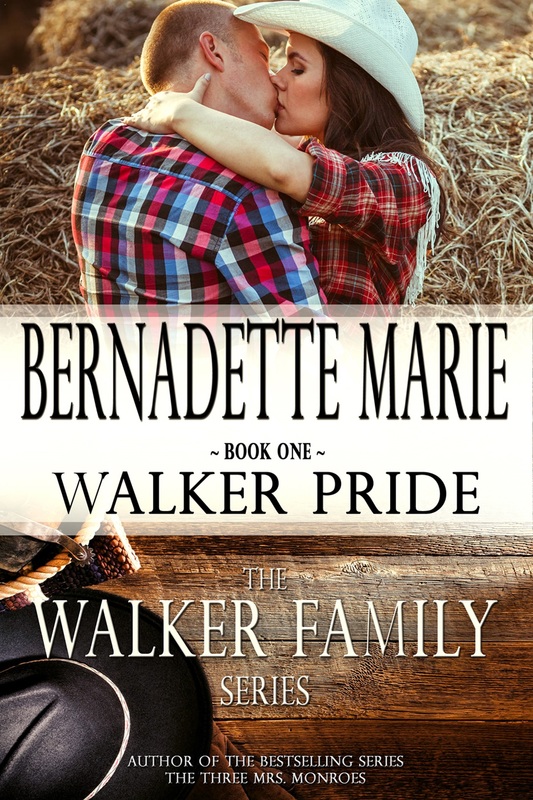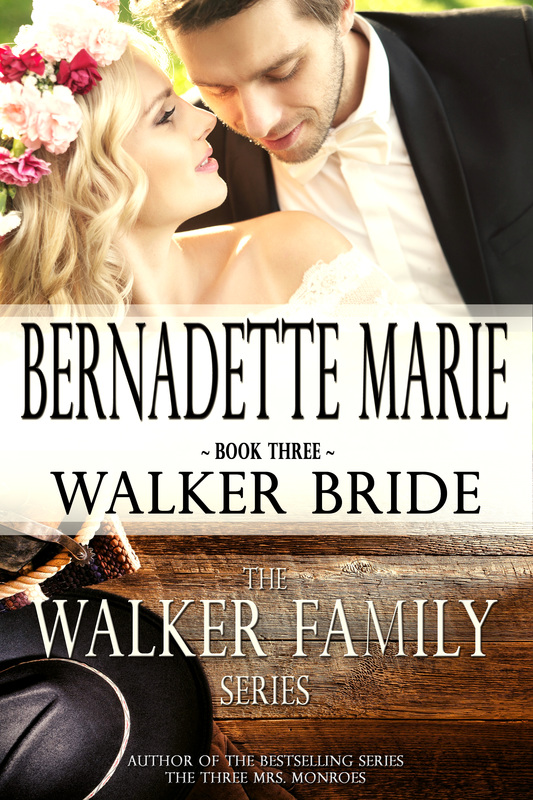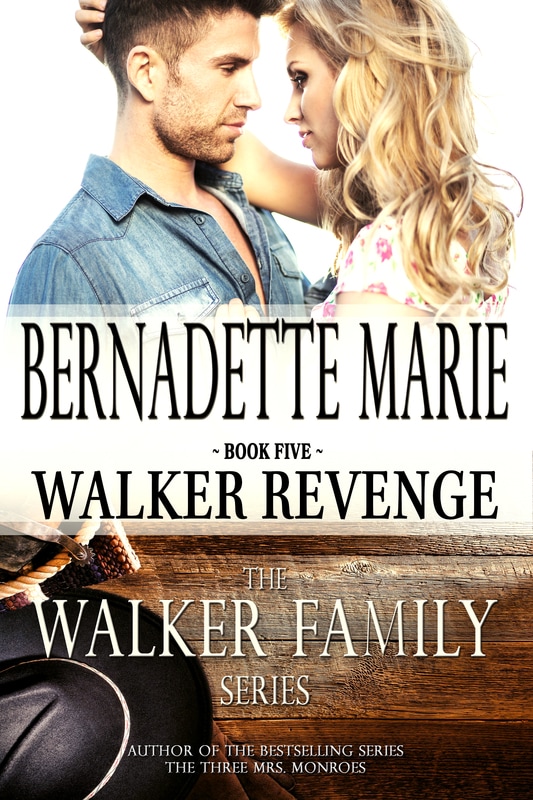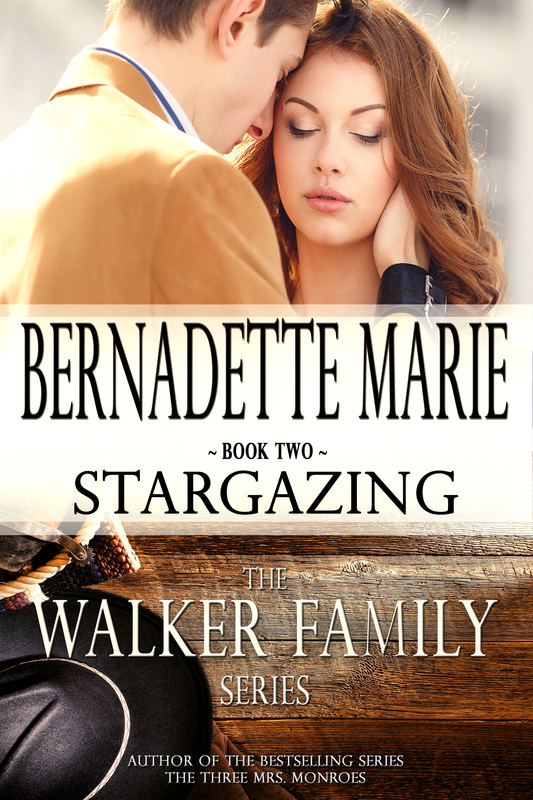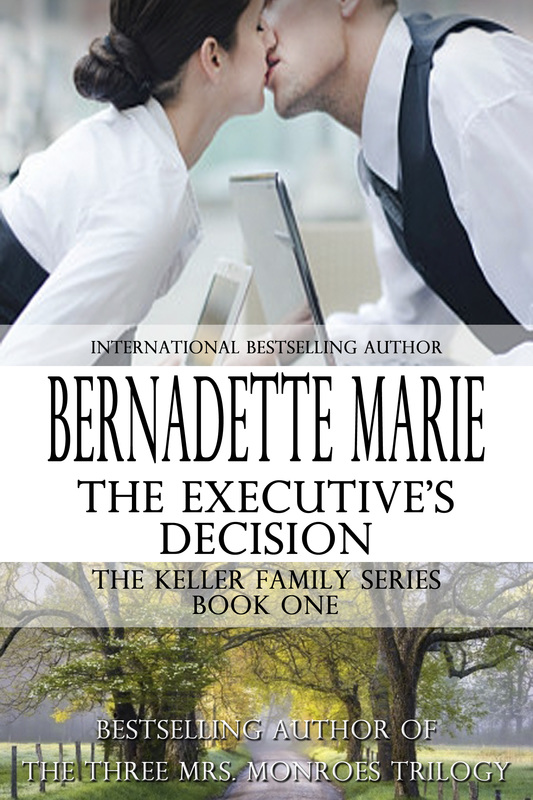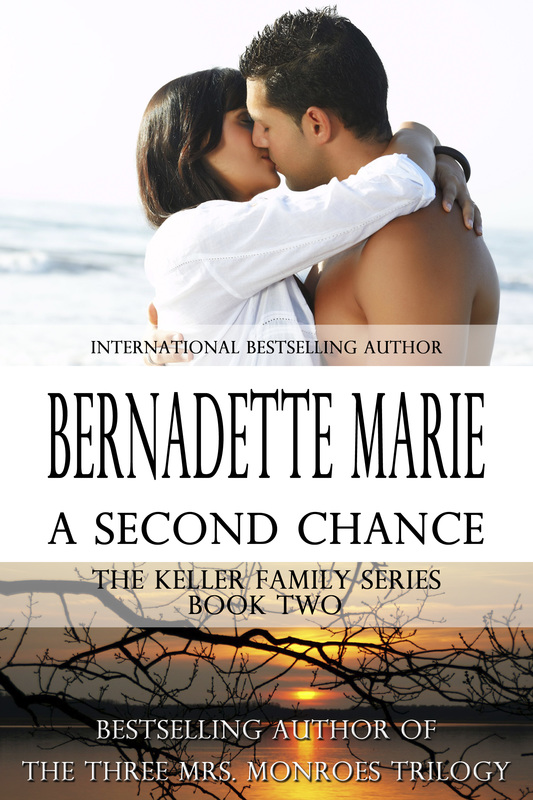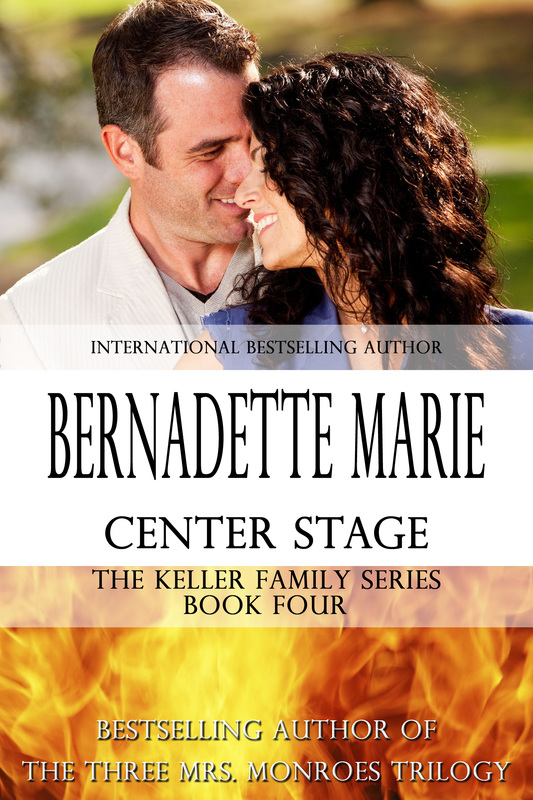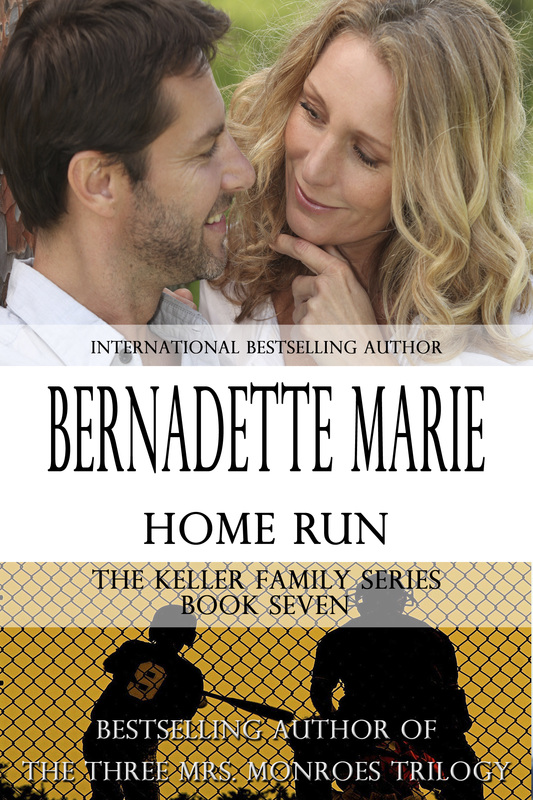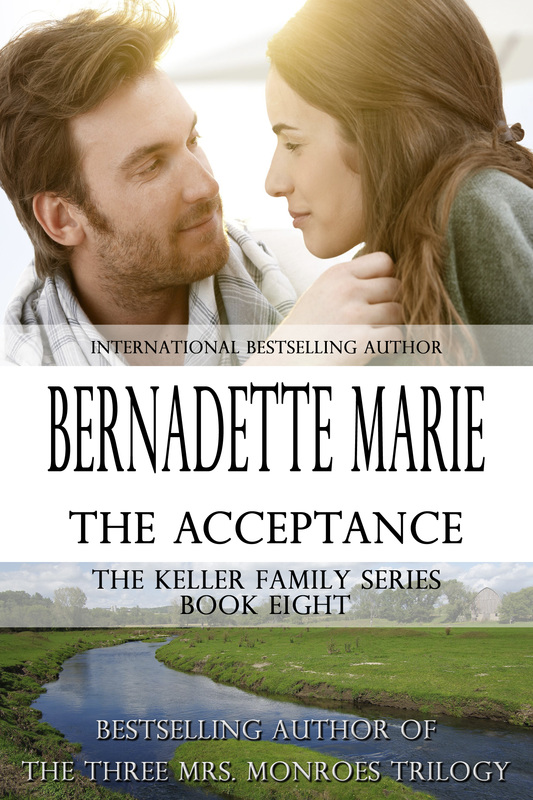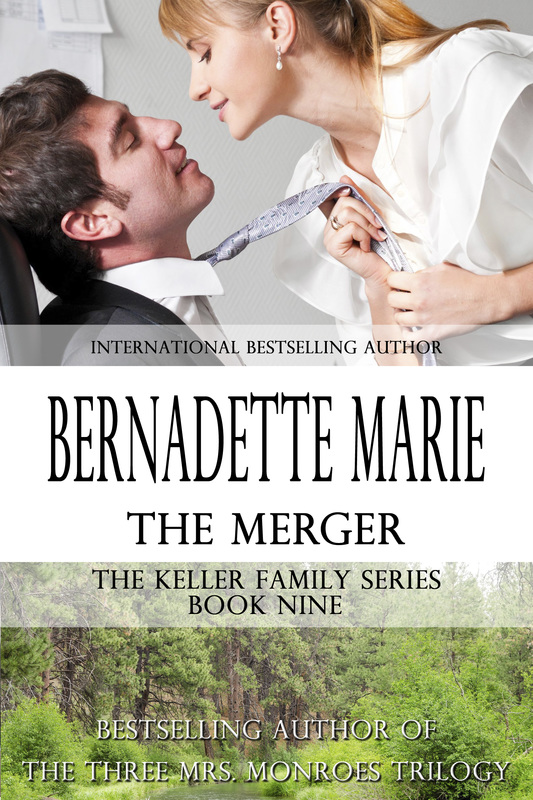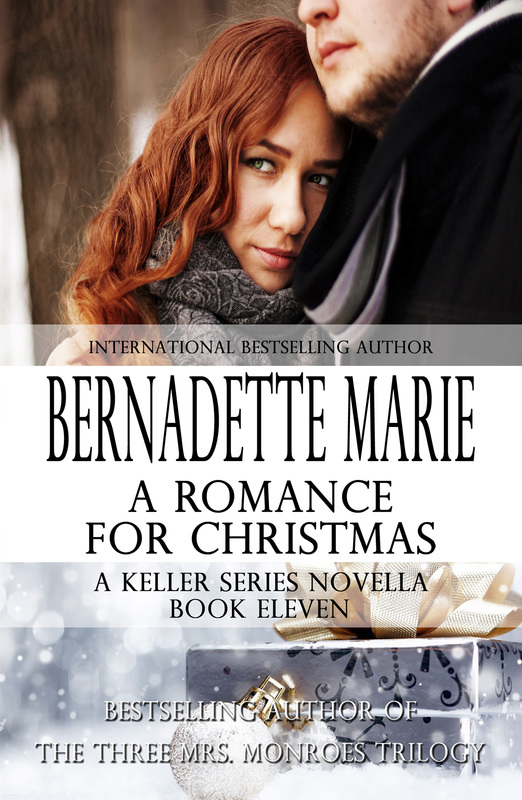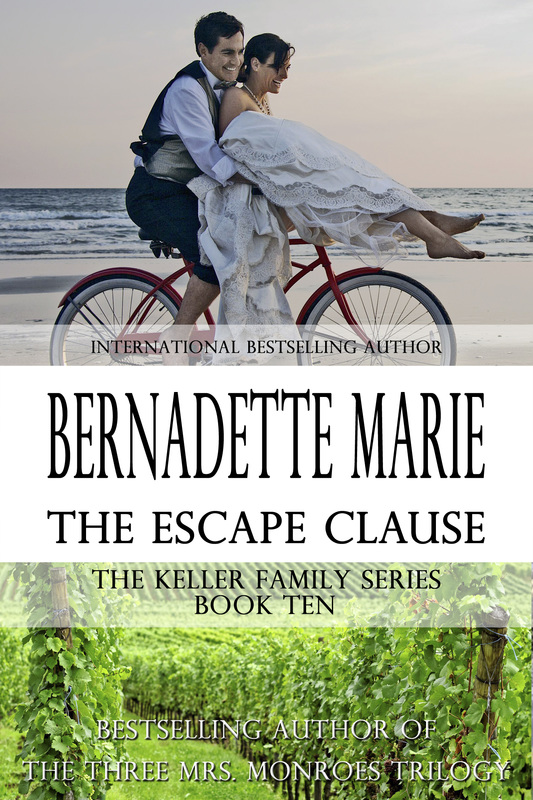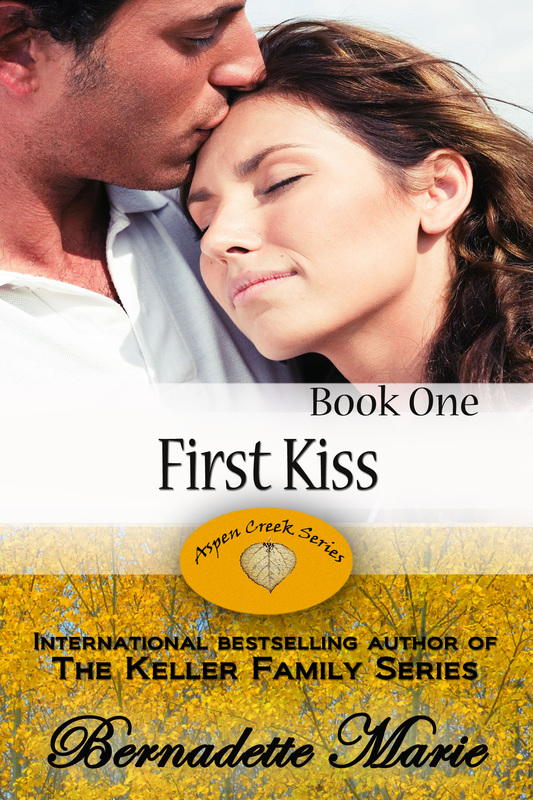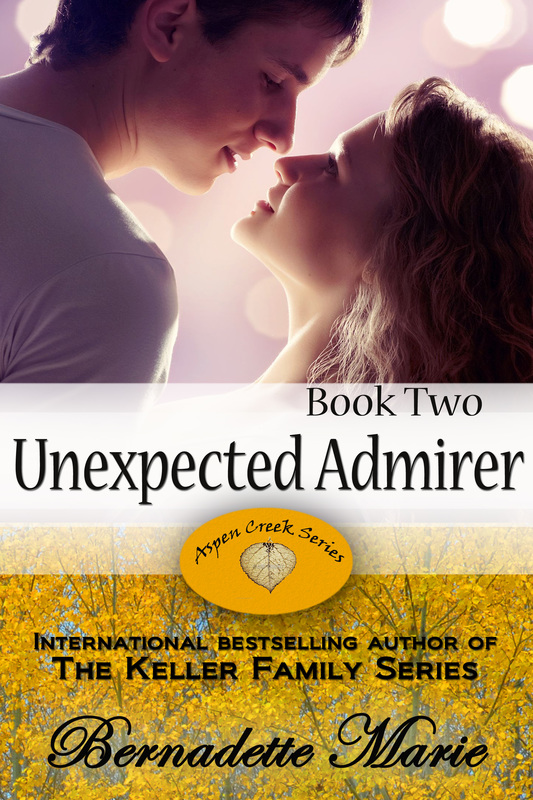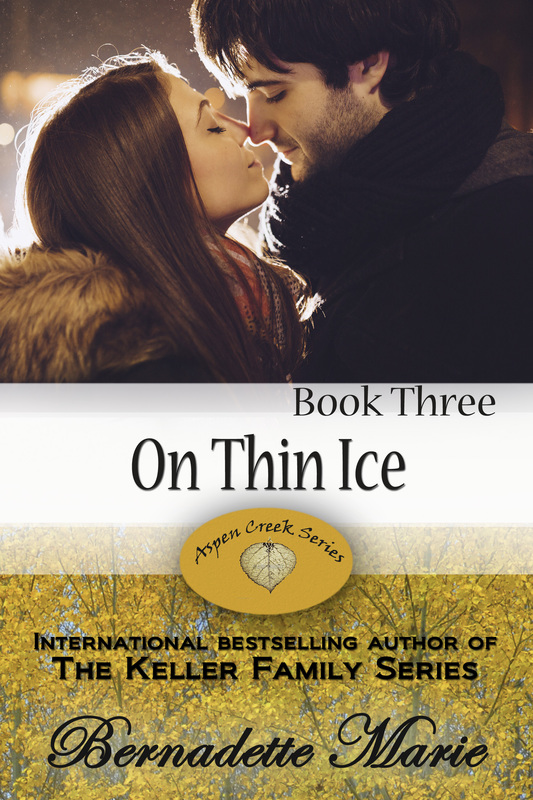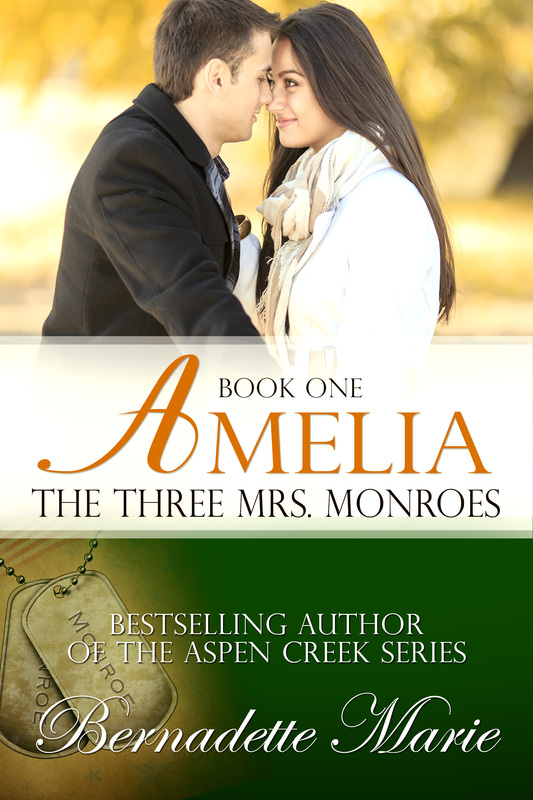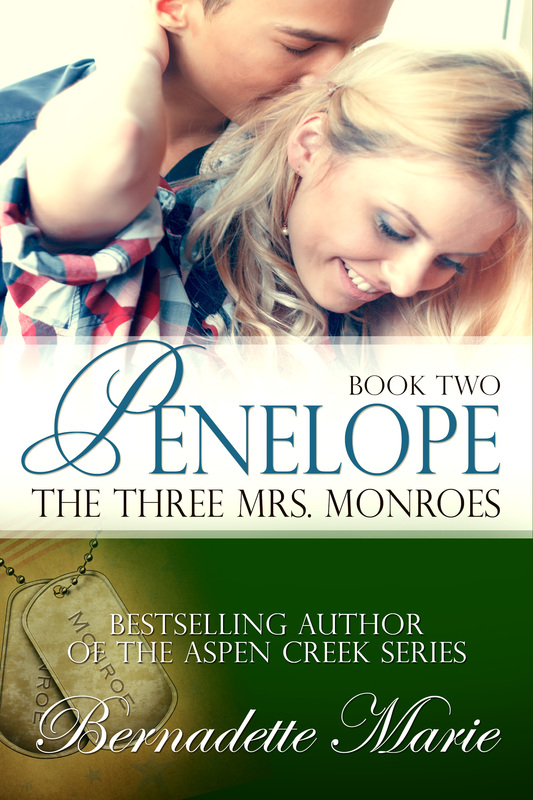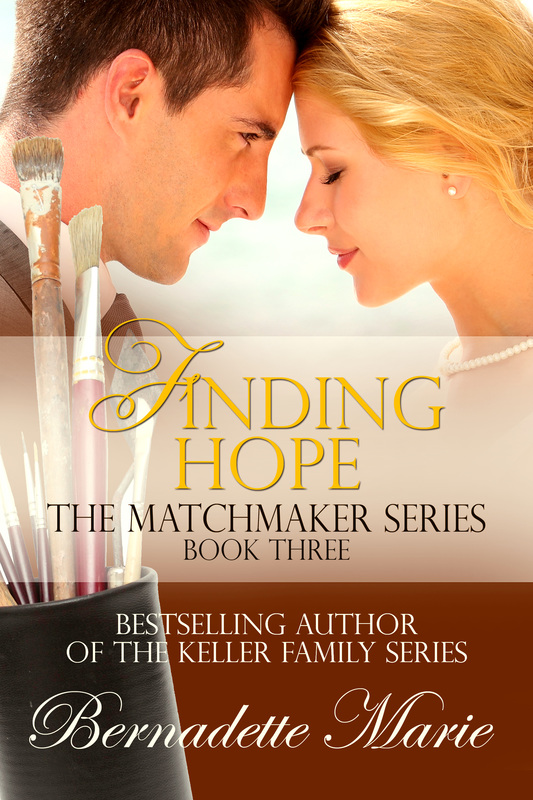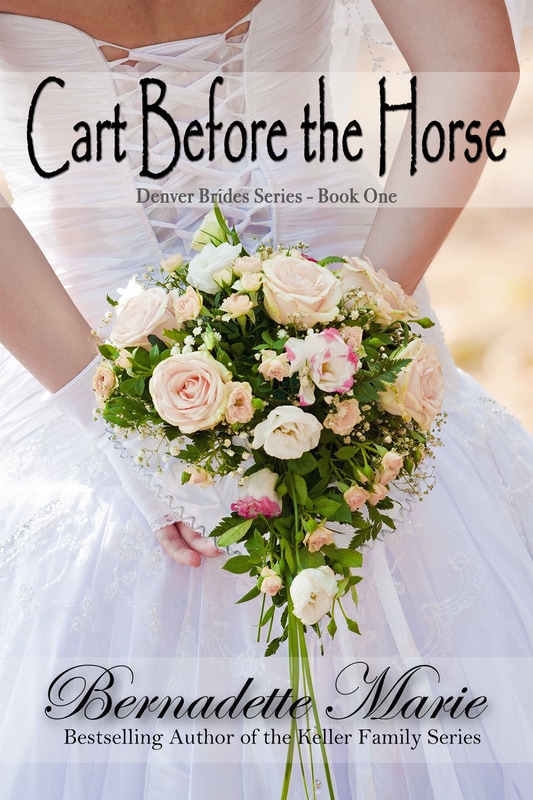|
Let's face it, professional letters on letterhead aren't always your first contact with a company or with someone in which you're trying to impress. Email has certainly taken over in that department. However, at the same time, lack of quality has taken over as well. When emailing a publishing professional, make sure to spotlight your writing skills in the initial email.
This is what you should include in a professional email. Begin with a greeting: If you know who you are sending the email to, it is always nice to begin the email with, "Dear Ms. Smith." Should you know personally know the recipient and are on a first name basis with them, you could use their first name. If you're not sure to whom the email should be sent to, begin with "To whom it may concern." Just remember that if this is a professional email, you should take some time in knowing who the email is going to. Beginning an email with, "Hey! I want you to publish my book," is not keeping it professional. Start by thanking the recipient (if they are getting back to you.) Let's say you are returning an email to someone who has queried you. No matter what the question might have been in the original email, it is always good to begin with, "Thank you for your recent email," or "Thank you for contacting us." People who are reaching out to a company want to know that they are appreciated. This is a great way to always be courteous, even if you're writing an email that isn't full of good news. What is your purpose: There is a reason you're emailing the recipient. What is it? This might be the first communication you are having with the recipient, therefore thanks might not be called for. However, let them know why you are emailing by stating your purpose. "I am writing to enquire about..." or "in reference to..." Make your purpose clear before you get into the body of your test. Use good grammar, punctuation, and spelling. Get to the point and be clear about what you're trying to say or ask. In closing: Make sure to thank the recipient for taking the time to read your email. This is a good time to also add a note of reply, if you're expecting one. "Thank you for your consideration. I look forward to talking to you." or "Thank you for your time." How to end your professional email: End with an appropriate closing. "Best regards," "Sincerely," and "Thank you," are all professional. Avoid "Best wishes," "See ya!" and "Cheers." Leave those to the casual email you're sending to your friend. Of course, before you send the email proof it. Check your spelling. Make sure your contact information and your name is attached. Did you say what you needed to say? Do they know you're awaiting a reply? Always check your work. One more point. If you're trying to make an impression of professionalism, check your email address. Does it say too much about you? If you're looking to be professional for the long haul, think about getting a professional email address that gives you that appearance as well.
0 Comments
I always say my mother gave me a great gift. She taught me professionalism even when you're writing a "go to hell" letter. You want to get your point across so that the person on the other side looks forward to the journey.
What I don't understand is...where has that gone? My son's English teacher is teaching them to write professional emails. In fact, it is the only way she will respond to you. I'm proud to say, he has the professionalism down, and that makes me very happy because I see this as a lost art. I wish I could tell you how many emails and messages I get a month, as a publisher or an author, where the author of the email has no concern over the content of the email. Misspelled words. Missing punctuation. Horrible grammar. And I'm here to tell you that "text" talk isn't professional at all. What happened to the days of Dear Mrs. Smith, or To Whom it May Concern? Anymore, emails or messages start off with Hey! Don't get me wrong. If I'm emailing my BFF about having a decaf, non-fat, mocha, well then yes, I might start out the conversation with, Hey! However, if I'm inquiring about a job, or an opportunity you can GUARANTEE I'm going to do some research on whom I'm writing the email to and I'm going to address them correctly. I have, in fact, tossed out submissions for my publishing house when I feel that the professionalism from the author isn't there. An email in all caps will not be read and if you start a query out with Hey there is a huge chance it won't be read either. There is a wealth of information out there on writing professional emails, letters, queries, etc. With the world at your fingertips, why wouldn't you try a little harder to impress? With that said, join me here tomorrow when I go over the fundamentals of a professional email. (Feel free to share it with anyone who could benefit.) |
FLASH SALE!#WiseWordsBernadette MarieBernadette Marie is an Internationally Bestselling author of Contemporary Romance as well as a mother of 5, and owner of 5 Prince Publishing and Illumination Author Events. Read her full bio here. The Walker Family SeriesThe Keller Family SeriesAspen Creek SeriesThe Three Mrs. MonroesThe Matchmaker TrilogyThe Denver Brides TrilogyArchives
February 2017
Categories
All
|
CONTACT
Copyright 2010-2024 Bernadette Marie and 5 Prince Publishing
All rights reserved
to contact site administrator : [email protected]
View our Privacy Policy
As an Amazon Associate, and an affiliate of iTunes, Barnes and Noble, Kobo, Smashwords, and other I earn from qualifying purchases.
Copyright 2010-2024 Bernadette Marie and 5 Prince Publishing
All rights reserved
to contact site administrator : [email protected]
View our Privacy Policy
As an Amazon Associate, and an affiliate of iTunes, Barnes and Noble, Kobo, Smashwords, and other I earn from qualifying purchases.

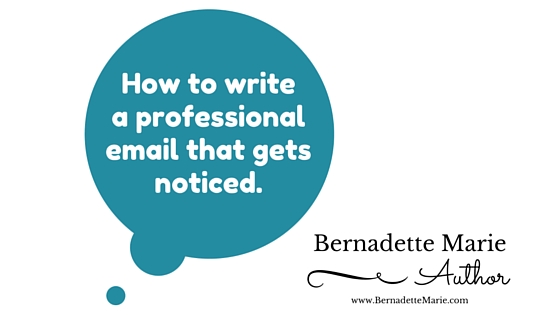
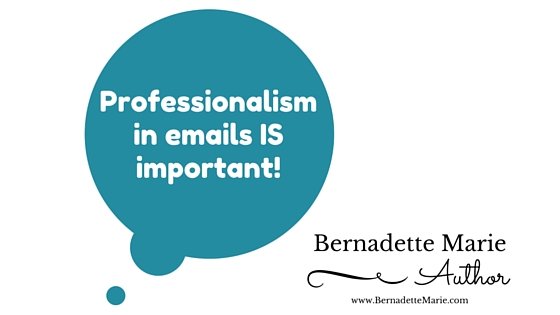
 RSS Feed
RSS Feed
